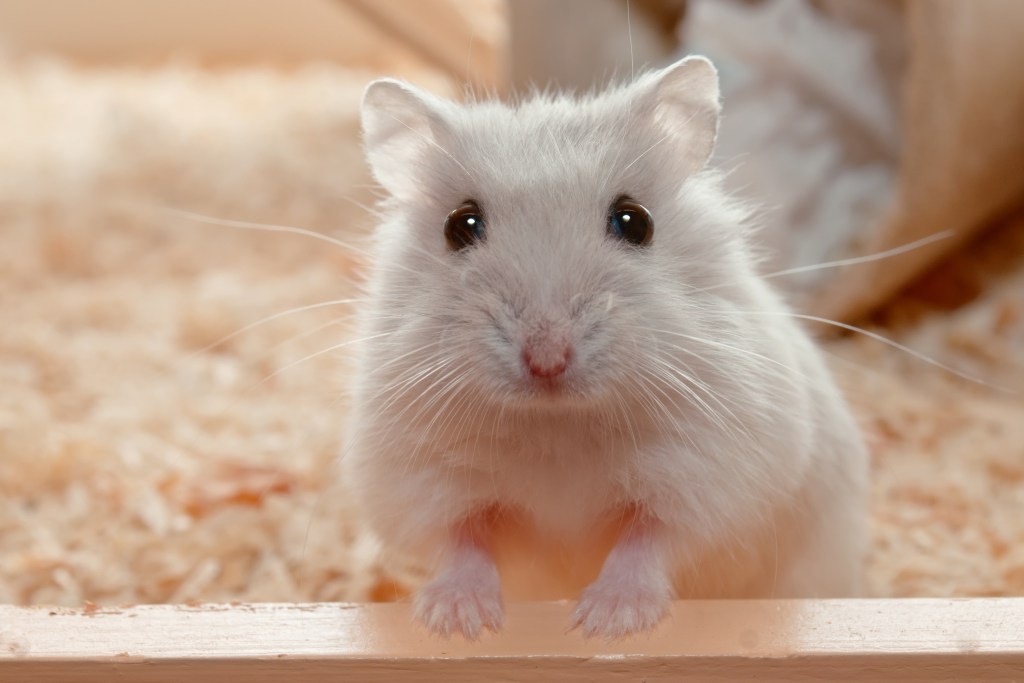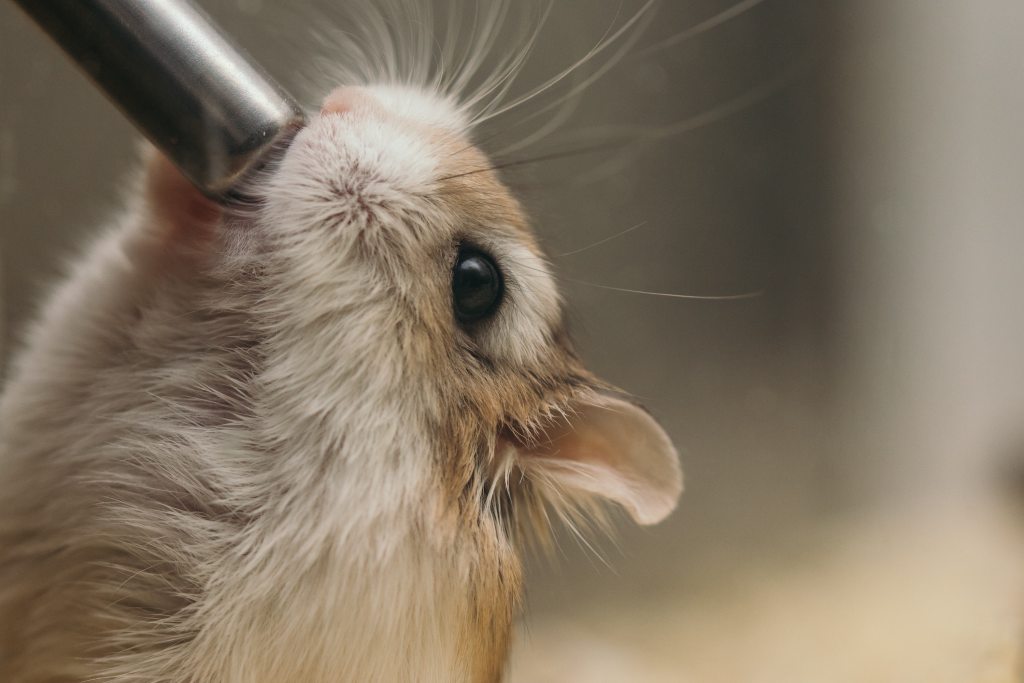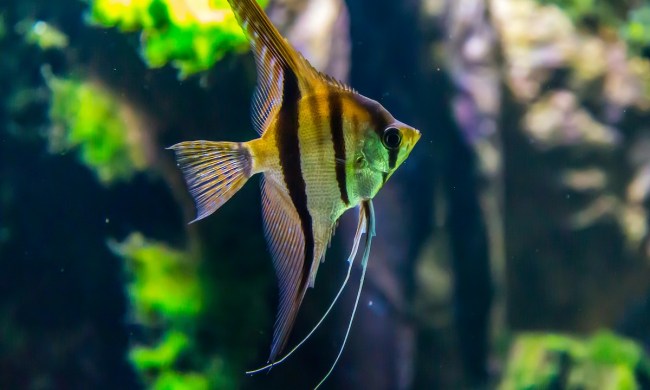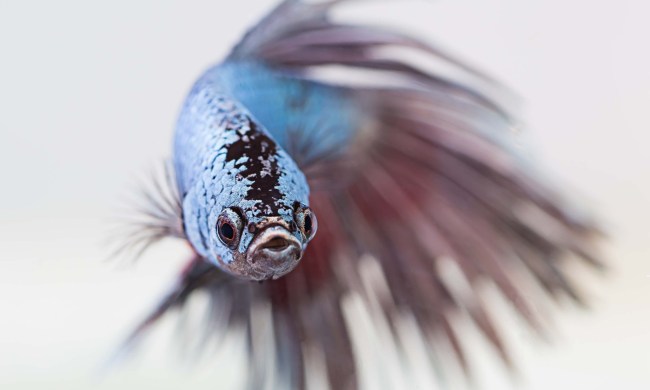As you know, getting a pet, even a small one, requires a big commitment. In addition to the daily food, play, cleaning, and general minding, it means a certain lifestyle change. You can no longer drop everything at a moment’s notice to travel (were we doing that before, though?). Instead, it becomes necessary to carefully plan your departure and include pet sitting in the bill. For long trips, you’ll need someone to at least drop in to check on and feed your hamster, but what about short ones? How long can a hamster go without water? It’s probably not as long as you would expect.
What happens if a hamster doesn’t drink water or eat food?
Hamsters, like all animals, need to eat and drink to survive. The amount of food he will consume in a day varies considerably based on age, species, activity level, and size. A bigger hamster needs more food and water to make it through an average day, and your pet might need an extra nibble if he spends many hours on the wheel. Not eating and drinking enough, or worse, at all, will harm any mammal, and hamsters are no different. He’ll start to feel the effects of dehydration and hunger within the day and deteriorate from there. As his body loses water, he may also overheat, which introduces additional symptoms.

How long does it take a hamster to die of dehydration?
It will take your hamster about three or four days to die of dehydration, but the symptoms set in even sooner. The factors that go into this calculation vary widely, depending on both your hamster and his environment. The temperature and humidity of the room have a big impact, with higher temps causing him to dehydrate more quickly. Air conditioning makes the room cooler, but it also makes it drier, so that won’t necessarily have a net positive effect. Your animal could die in as little as 48 hours if he has no access to water and has eaten dried foods. Remember that on top of his normal water dish or bottle, he should also get liquid in his diet through lettuce or fruits. All those things help keep him hydrated.
How can I tell if my hamster is dehydrated?
You should check for dehydration anytime you find his water bottle or dish has been empty for long periods or if he has diarrhea or vomiting. Look closely for physical and behavioral signs like lethargy and a lack of urine. You can also pinch his skin (gently) to see if it’s too stiff, which will indicate dehydration. Skin should be really elastic and bounce back quickly after a small pinch. If it doesn’t, that may be a sign that he needs water, stat. Give him fluids with electrolytes if possible and call your vet right away.

What can I do to prepare for vacation?
As mentioned, finding someone to stay with your pet is best, followed by dropping him off with a pet watcher. However, we know that’s not always possible, especially in an emergency. One possibility is to hire someone to drop in once per day and refresh his food and water while making sure everything’s all right. Of course, this limits his human interaction, but he’ll manage for a couple of days. To supplement a drop-in, consider getting a pet cam and putting someone (the same person or a different one, the closer the better) to stay on call when you leave. This way, you have a go-to human to help your animal if something comes up, like he escapes his cage.
One other option is to take him to a boarding facility, though the costs do add up and he’d probably rather be in a familiar location — many pets find these visits stressful. It’ll work in a pinch if you can’t get a friend to stop in. Lastly, while we don’t recommend this for trips longer than a weekend, it is possible to get auto-filling food and water dishes. For just a quick, essential overnight, this might do the trick, particularly if you pair that with a pet cam and an emergency contact.
Final thoughts
While your hamster will probably survive for three or four days without food and water, you shouldn’t test the theory. Plan carefully for trips when you’ll be away and try to minimize the time he will not see any people. Remember that leaving him alone too much, even if he’s not neglected and has plenty to snack on, could result in regressive behavior. As he forgets what it’s like to be petted by humans, he may turn to nipping or other aggressive tendencies.



